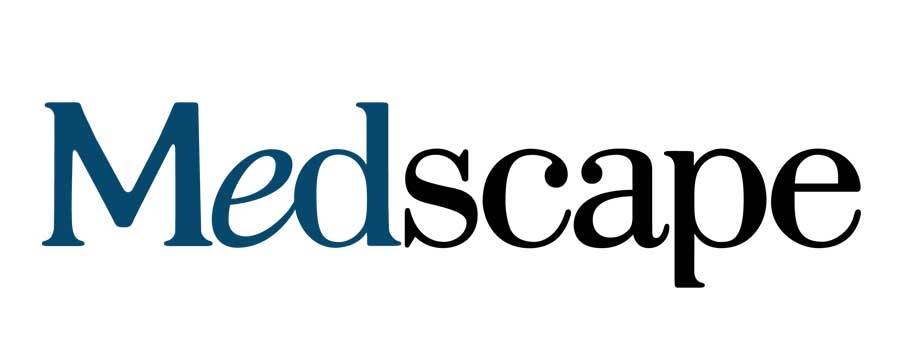
For women who have radiation therapy after mastectomy, autologous reconstruction is associated with a lower risk of complications and better satisfaction with outcome, compared with implant-based breast reconstruction, according to the prospective Mastectomy Reconstruction Outcomes Consortium (MROC) study.
“Although women must weigh multiple factors, those who plan to receive postmastectomy radiotherapy should be informed of the substantial impact of radiotherapy observed in the current study among those who received implant reconstruction,” say Dr. Reshma Jagsi from University of Michigan, Ann Arbor, and colleagues.
“Conversely, those who plan to pursue autologous reconstruction and are debating whether or not to receive radiotherapy may derive some reassurance from the current study findings that outcomes among patients receiving autologous reconstruction did not appear substantially worse than those of unirradiated patients by two years,” they add.
The MROC study, online September 13 in the Journal of the National Cancer Institute, included 622 irradiated and 1625 non-irradiated postmastectomy patients (median age, 50) who received either implant or autologous reconstruction at 11 centers between 2012 and 2015.
Autologous reconstruction was significantly more common in irradiated than non-irradiated patients (37.9% vs. 25.0%), but immediate reconstruction was significantly less common in irradiated patients (83.0% vs. 95.7%).
By two years, at least one breast complication had occurred in more irradiated patients who had implant reconstruction than their peers who had autologous reconstruction (38.9% vs. 25.6%). Among non-irradiated patients, rates were 21.8% and 28.3%, respectively.
At two years, major breast complications occurred in 33.2% of irradiated patients receiving implant-based reconstruction versus 17.6% of irradiated patients receiving autologous reconstruction. In women who did not have radiation after mastectomy, 15.6% patients receiving implant-based reconstruction and 22.9% of those receiving autologous reconstruction had major breast complications.
“Rates of reconstruction failure by two years were 18.7% among irradiated patients with implants, 1.0% among irradiated patients with autologous reconstruction, 3.7% among non-irradiated patients with implants, and 2.4% among non-irradiated patients with autologous reconstruction,” as noted in the article’s summary of clinical implications.
“Although physicians and patients alike have long worried about the impact of radiotherapy on breast reconstruction, the evidence regarding outcomes to date has been limited,” Dr. Jagsi and colleagues write.
“The current study provides much-needed quantitative information about complication rates and patient-reported outcomes of satisfaction and well-being among patients receiving implant or autologous reconstruction, either with or without radiotherapy. This information is essential for informed patient decision-making in the increasingly common scenario where postmastectomy radiotherapy is being considered and postmastectomy reconstruction is desired,” they add.
The study had no commercial funding.


